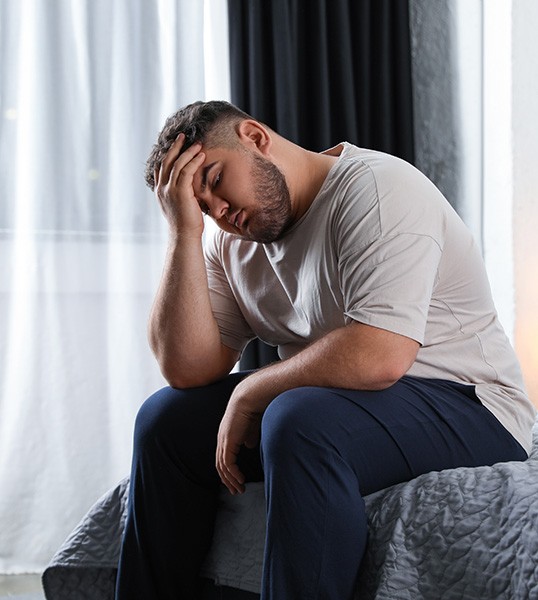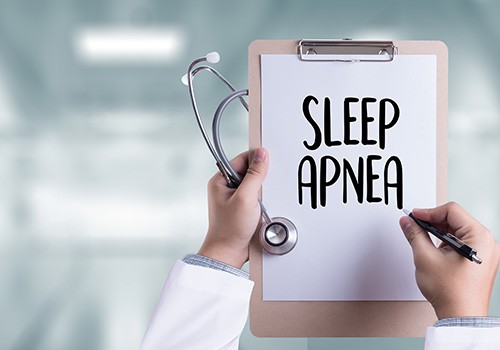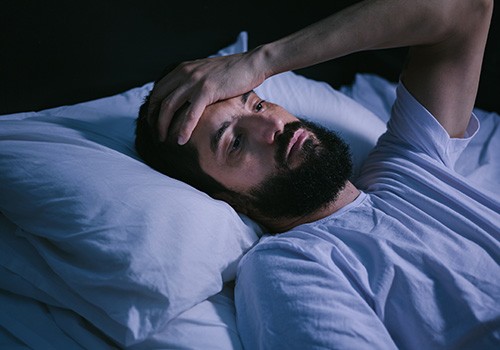Suite #23,
Tempe, AZ 85282
9:00 am - 5:00 pm
9:00 am - 5:00 pm
9:00 am - 5:00 pm
9:00 am - 5:00 pm

When most people talk about sleep apnea, they’re referring to obstructive sleep apnea (OSA), which is a disorder that causes patients to miss out on sleep due to airway obstructions that impede their breathing patterns. But did you know there are multiple types of sleep apnea? One lesser-known iteration of this condition is central sleep apnea (CSA), which can be just as dangerous as OSA despite not being as common or as widely understood. Continue reading to learn a little more about this condition and how you can know when it’s time to see a doctor to talk about it; your sleep is far too important to neglect, and treatment is readily available to help you get back to bed!

Both OSA and CSA are characterized by repeated episodes, also called apneas, during sleep when a person isn’t breathing (or has reduced breathing); the brain forces the body to wake up to restore breathing patterns, and the body misses out on much-needed REM sleep. However, CSA differs from OSA; the latter often occurs due to soft oral/throat tissues blocking the proper flow of air inside the throat, while CSA occurs when the brain does not send the correct signals to the muscles that control breathing. So while the outcome is similar, the primary difference between these two conditions has to do with the cause.

In some cases, the cause of CSA is unknown – this type of CSA is often referred to as idiopathic or primary CSA. But in other instances, CSA usually occurs due to the following:

It might seem like CSA is no more than a mere annoyance – after all, you can simply take a nap later in the day to make up for lost sleep the previous night, right? This isn’t true at all! Not only is the accumulation of sleep debt difficult to overcome, but CSA is also closely associated with numerous health complications, including:
What’s worse is that if you’re already dealing with any of these serious health problems, CSA might exacerbate them and make them much more difficult to manage. For this reason, seeking treatment for sleep apnea is always going to be incredibly worthwhile.

If you’re concerned about the quality of your sleep, or if your partner has noticed that your breathing sometimes stops throughout the night, you should schedule a consultation with your general care practitioner. After discussing your symptoms, they’ll likely suggest a sleep test. This test is simple; it monitors your breathing patterns, oxygen levels, and other relevant vitals during the night and determines the severity of your sleep apnea. After you’ve been formally diagnosed, you can explore sleep apnea treatment options including oral appliance therapy. However, the nature of your treatment will depend solely on the severity of your sleep apnea. Our team is committed to ensuring that you receive the life-changing treatment you deserve, so please contact us with any questions or to request additional information.